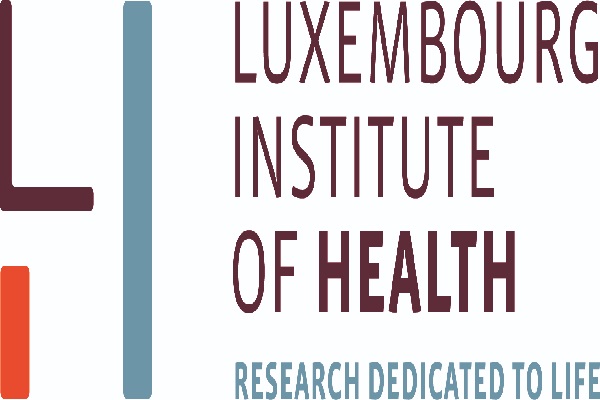
A team of German-Luxembourg researchers, including representatives from the Luxembourg Institute of Health (LIH), has presented its findings on a very rare allergy related to the consumption of red meat.
The research has developed a new test to detect the rare hypersensitivity syndrome to alpha-gal, a specfic type of sugar present on the surface of mammalian cells such as beef, pork, lamb or game but absent in human cells. If alpha-gal passes into the blood after consuming meat, an allergic reaction may occur within two to six hours. Symptoms include skin rash, respiratory difficulties and even anaphylactic shock.
The researchers have perfected a test that significantly improves the diagnosis of alpha-gal syndrome. By detecting specific antibodies directed against alpha-gal, it is possible to demonstrate sensitisation to this substance. On the other hand, this procedure does not allow for an estimate of the actual risk of allergic reaction. In order to evaluate its new approach, the scientific team examined blood samples from more than 50 people.
Admittedly, such allergies could already be identified by the detection of specific antibodies directed against alpha-gal and by skin tests. An oral test, in other words the progressive consumption of increased amounts of the food suspected of causing allergy, was nevertheless necessary in order to evaluate the risk of a strong allergic reaction. This complex and risk-free procedure requires close medical supervision. The recently developed test provides an alternative that involves stimulating a specific type of white blood cell, basophils, using intentionally-added artificial allergens. The greater the reaction of basophils, the more they generate a significant fluorescent signal that specialists can then measure. A strong reaction of basophils to trace amounts of allergens is an obvious indication of alpha-gal hypersensitivity syndrome.
The team of scientists behind this work is composed of Dr. Christiane Hilger and Prof. Markus Ollert (LIH), Dr Martine Morisset and Dr Françoise Codreanu Morel
(Centre Hospitalier Luxembourg), Dr. Jörg Fischer (Eberhard Karls University in Tübingen) and project coordinators Jana Mehlich, Prof. Bernadette Eberlein and Prof. Tilo Biedermann (Technical University of Munich). For these researchers, however, work in this area remains unfinished, as emphasised by Dr. Hilger: "We still know very little about the causes and immunological mechanisms of alpha-gal syndrome."
This complementary research project is funded by the National Research Fund (FNR) and the German Research Foundation (Deutsche Forschungsgemeinschaft, DFG) as part of the CORE programme.








